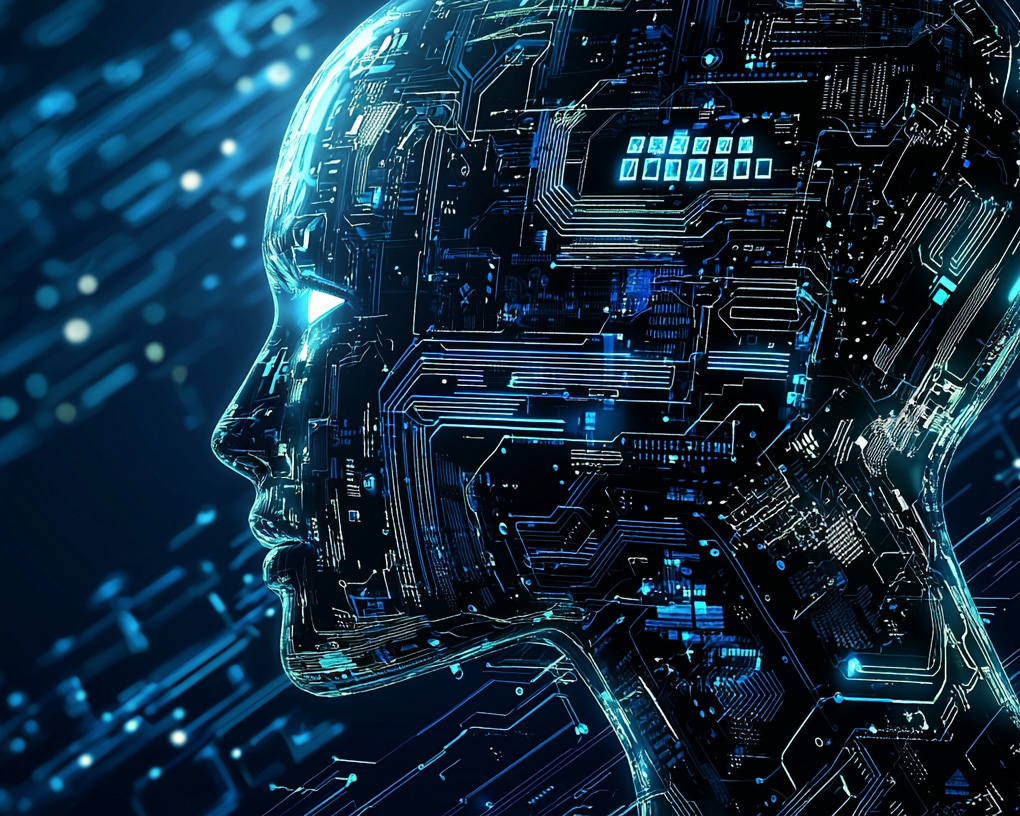Alex, a factory worker in Metropolis, faced a life-changing transition when his job was replaced by AI-powered robots. Initially distraught, he learned to adapt by acquiring new skills in renewable energy. This journey highlights the broader societal shifts as technology redefines traditional employment and encourages human-tech collaboration. A Life Disrupted Alex was a hardworking factory … Read More “Navigating the AI Revolution: The Story of Alex” »
Blogs
Machine Learning (ML), a pivotal aspect of artificial intelligence (AI), enables systems to learn from data and improve autonomously. Its journey began in the 1950s with the concept of pattern recognition. The 1980s saw the rise of neural networks, rekindling interest in AI. The 2000s brought about significant advancements with the availability of big data … Read More “Machine Learning: Introduction to the Aspiring Data Scientists” »
Artificial Intelligence (AI) is no longer just a concept found in science fiction novels; it has become an integral part of our daily lives. From virtual assistants like Siri and Alexa to recommendation algorithms on Netflix and Amazon, AI is shaping the way we interact with technology. But what exactly is AI, and how does … Read More “Artificial Intelligence: A Beginner’s Guide” »
In today’s data-driven world, Data Engineering plays a crucial role in transforming raw data into valuable insights. Whether it’s enhancing business decision-making, streamlining operations, or enabling AI and Machine Learning models, Data Engineering provides the foundational systems for data collection, storage, and transformation. In this blog, we’ll dive into what Data Engineering is, its importance, … Read More “The Backbone of Data Operations: Data Engineering and Its Tools” »
In today’s data-driven world, organizations harness vast amounts of data to inform decision-making, predict trends, and solve complex problems. Three key roles—Data Science, Data Engineering, and Data Analytics—play crucial parts in this process. Though these fields are often used interchangeably, they each have distinct responsibilities, skillsets, and tools. Let’s break down the differences, so you can better … Read More “Unraveling the Data Triad: Science, Engineering, and Analytics” »




